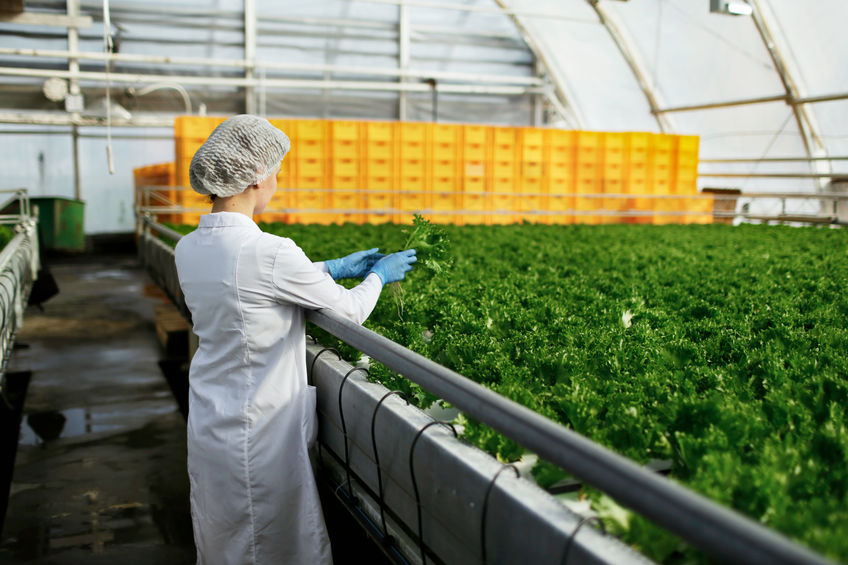With a mandatory compliance date coming soon it stands to reason a bioengineered food processor should be looking at this new standard proactively. To comply, a lot goes into ensuring these products are disclosed properly. There are invoices, inventory records, catalogue data and much more to keep track of. Digital software solutions can really help for compliance.
Bioengineered Foods
So what is bioengineered food? This is not as straightforward as it seems at first glance. I have tried to simplify it as much as possible for this article but ultimately I recommend the webinar from USDA AMS (link below) for greater granularity.
Bioengineered food: It’s a food that contains genetic material that has been modified through in vitro rDNA techniques and for which the modification could not otherwise be obtained through conventional breeding or found in nature.
NOT bioengineered foods: Foods in which the modified genetic material is not bioengineered foods. Food subject to certain factors and conditions are not bioengineered foods (i.e. incidental additives)
LINK: Here’s a useful link to the USDA AMS webinar of an overview of the National Bioengineered Food Disclosure Standard and definitions in more detail.
National Bioengineered Food Disclosure Standard
Beginning January 1, 2022 food manufacturers, importers and certain retailers will be required by law to disclose any bioengineered ingredients as part of the National Bioengineered Food Disclosure Standard.
Here are some of the industries affected by this new disclosure standard:
Regulated Entities:
– Food Manufacturers
– Importers
– Retailers who: Package and label food for retail sale or sell bulk food items
Not Regulated Entities:
– Restaurants and similar retail food establishments.
– Very small food manufacturers (< $2.5M annual receipts)
Note: All regulated industries should consider digitizing their record-keeping to help simplify and comply with these new disclosure requirements.
Record Keeping
Paper or electronic records that prove compliance with the disclosure standard must be kept for at least two years. There are several acceptable records, including, for example, a label with the disclosure standard or records that a non-bioengineered crop was used. AMS can request to review these records, FYI.
It’s important to keep (and retrieve easily) relevant business records, such as:
– Invoices
– Bills of lading
– Inventory records
– Supply chain records
– Country of origin records
– Process verifications
– Organic certifications
Don’t wait to implement the new standards.
Coolearth has everything you need to quickly become compliant now! We can help food processors with:
✓ Allowing buyers to identify bioengineered foods accurately before purchase.
✓ Simplify the bioengineered foods disclosure record-keeping process.
✓ Create an electronic document trail back to vendors for all items to prove compliance.
✓ And more…
If you would like to learn more give us a call or contact us here.
Resources:
https://sustainableagriculture.net/blog/bioengineered-labeling-rule-will-cause-further-confusion/
https://www.ams.usda.gov/rules-regulations/be
https://www.federalregister.gov/documents/2018/12/21/2018-27283/national-bioengineered-food-disclosure-standard

